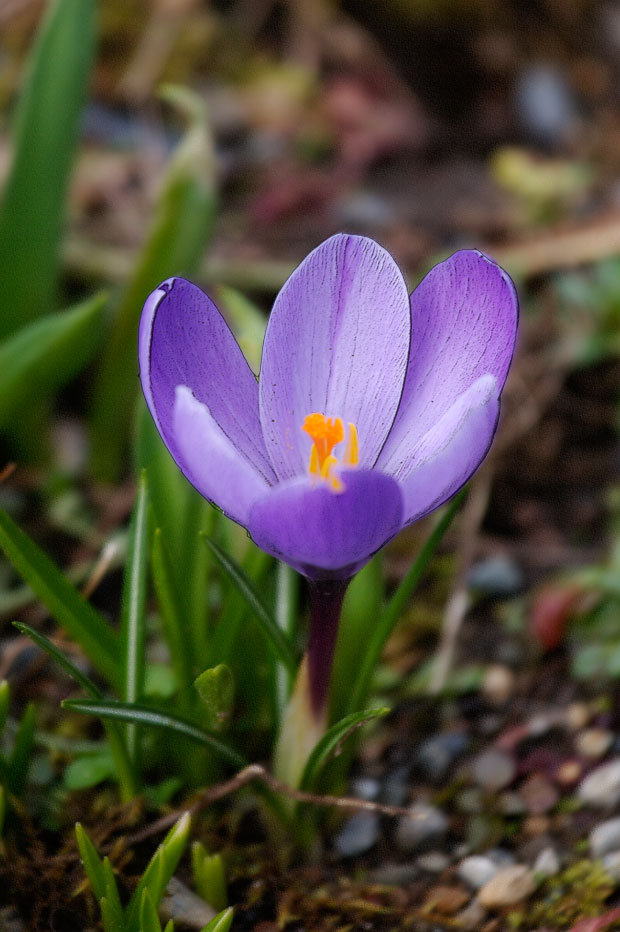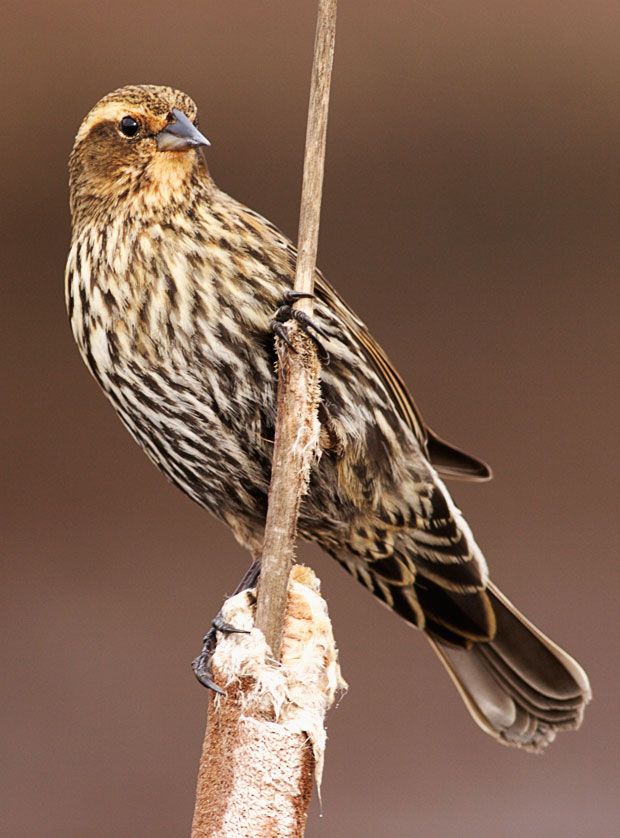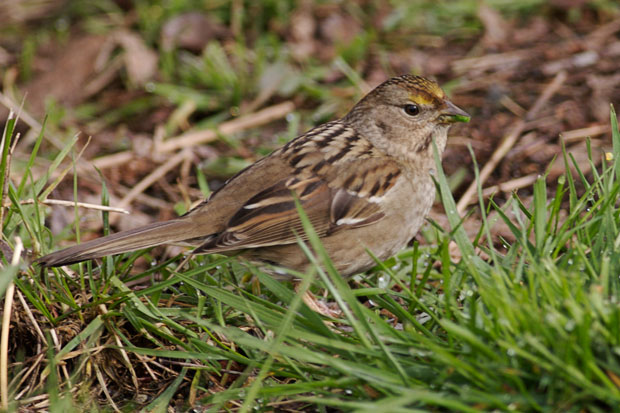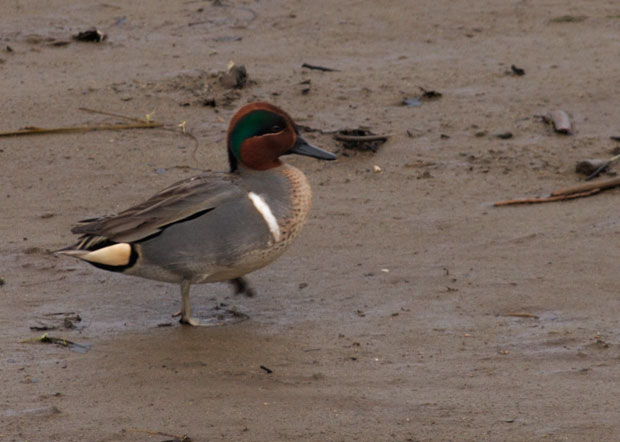If you judge a critic by whether or not he interests you in his topic, I’d have to conclude that Gioia is a successful critic because he convinced me to finally pull out my ancient copy of Robinson Jeffers’ Selected Poetry and to order a copy of Weldon Kees’ Collected Poems. I suspect I might have been happier if I had actually purchased the copy of Jeffers’ poems that he was reviewing because it is a new collection by Robert Hass that tends to omit Jeffers’ longer poems, and it is precisely those long poems that kept me from finishing the book when I originally picked it up.
It’s the initial long poem “Tamar” which has kept me from getting farther along than I’ve managed so far. Still Gioia’s contention that Jeffer’s is “the unchallenged laureate of environmentalists” was enough to motivate me to attempt to read the Selected Poems again It is Gioia’s explanation of Jeffer’s appeal to environmentalists that most attracted me:
Perhaps what makes Jeffers’s poetry so important to environmentalists is exactly what repels academics. More than any other American Modernist Jeffers wrote about ideas – not teasing epistemologies, learned allusions, or fictive paradoxes – but big, naked, howling ideas that no reader can miss. The directness and clarity of Jeffers’s style reflects the priority he put on communicating his worldview. Many interesting studies have been written on the styles of Eliot and Stevens, for indeed one needs to understand how most Modernist poems mean (to use Ciardi’s famous formulation) before one can understand what they mean. Jeffers’s verse, however, presents no such barriers to an intelligent reader. It states its propositions so lucidly that the critic has no choice but to confront its content. The discussion can no longer be confined within the safe literary categories of formal analysis – internal structure, conslstency, thematics, tone, and symbolism – that still constitute the overwhelming majority of all academic studies. Instead, he or she must deal with the difficult and disagreeable primary issues of religious belief and morality.
Jeffers’s worldview certainly never makes it easy for his critics. His self proclaimed philosophy of “inhumanism” contains something to offend everyone – Christian, Jew, Marxist, or humanist – who assumes man’s central position in the cosmos. He resolutely refused to be bound by any of the usual allegiances of human society not merely those of race, class, religion, or nation. (Voltaire and Nietzsche had already questioned those pieties. ) Jeffers’s originality came from going beyond social loyalties to the more fundamental ones of species, time, and even – no, I’m not kidding, planet. No poet ever wrote more consistently sub specie aeternitatis. For Jeffers, humanity was ultimately only one species, which happened to gain biological ascendancy (like the bison or the passenger pigeon) over a particular range in a certain epoch. Mankind may he more intelligent or adaptable than other species, but these gifts hardly compensate for its cruelty, greed, and arrogance. Before any other imaginative writer, Jeffers articulated the immense evil inherent in humanity’s assumption that it stands above and apart from the world. He saw the pollution of the environment, the destruction of other species, the squandering of natural resources, the recurrent urge to war, the violent squalor of cities as the inevitable result of a race out of harmony with its own world.
Original insights have always seemed more important to me than style, though our greatest poets, like Whitman, combine a unique style with unique ideas, and a great thinker like Emerson may be nothing more than a minor poet because he is unable to translate his abstract ideas into concrete poems.
If Gioia is right that Jeffers
struggled to answer the questions science had been able only to ask: What are man’s responsibilities in a world not made solely for him? How does humankind lead a good and meaningful life without God? Jeffers’s great triumph is that now sixty years after he began his radical redefinition of human values his answers still seem disturbingly fresh and cogent, while the political and social theories of Pound, Yeats, Eliot, and others have become musty period pieces.
Then any effort I have to make to unravel those ideas should be worth the effort it takes.
I must admit that when I bought Jeffers’ Selected Poems many years ago I was surprised that he had not been covered in any detail in the many poetry classes I’d taken:
But Jeffers’s poetic independence came at the price of being banished from the academic canon, where the merits of a Modernist are still mostly determined by distinctiveness of stylistic innovation and self referential consistency of vision. In this environment Robert Hass’s Rock and Hawk: A Selection of Shorter Poems by Robiinson Jeffers constitutes a major act of restitution. This medium sized anthology represents, difficult as it is to believe, the first representative selection from Jeffers’s life work ever assembled. There are criticisms to be made of the collection, but one must first credit the seriousness and quality of effort displayed here. The book is well conceived, intelligently edited, suavely introduced, and beautifully designed. It also contains some of the best poetry ever written by an American.
I know that poems like “Shine, Perishing Republic” are unforgettable, but I’m still unsure that Jeffers’ poems are “some of the best poetry ever written by an American.” I guess I’m about to find out this week. If I weren’t so frugal, I’d probably ignore the Selected Poems sitting on my shelf and buy Hass’s new edition, but since Gioia is so insistent that Jeffers’ long poems are the best long poems ever written by an American I’d be cheating myself if I totally ignored them. They’d better be much better than “Tamar,” or I’m going to have to strongly disagree with Gioia.
Still, I’m looking forward to rediscovering Jeffers’ environmental ideas:
But Jeffers is a distractingly memorable writer. Rereading his poems in Rock and Hawk, I found an astonishing number of his lines tumbling around in my head. But hearing them there, I noticed it wasn’t only their strong music I savored but the hard edge of their wisdom. They held their own against experience. It was good to live with these poems again. Jeffers has entered his second century quite splendidly.
As one who’s been accused of romanticizing nature, it will be interesting to see what Jeffers has to say about it, particularly if his view is as radical as Gioia suggests.




